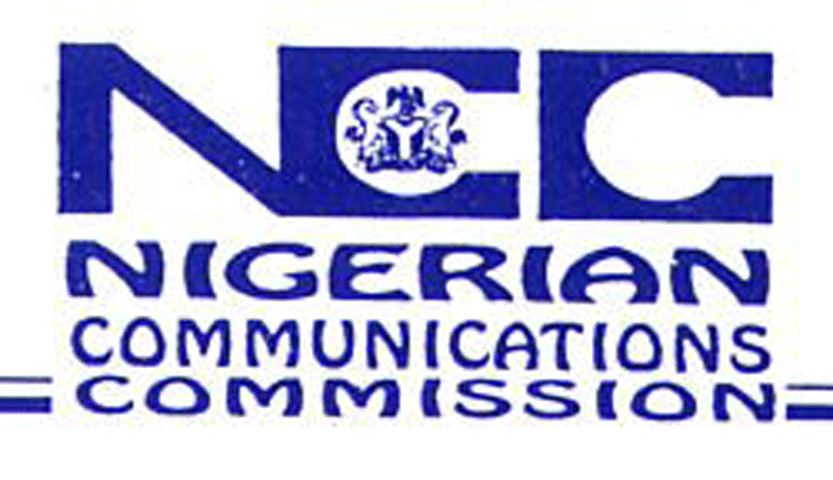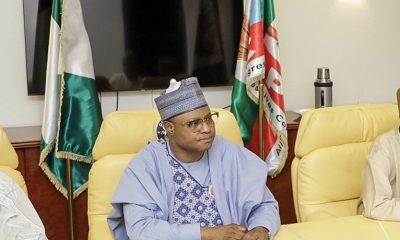The National Security Adviser (NSA) has intervened by issuing a directive to state governors to advice their revenue agencies to stop closure of telecommunications base stations on the basis of revenue collection.
This is an added impetus to the efforts by telecommunications operators and Nigerian Communications Commission (NCC) to protect telecommunications infrastructure.
Engr. Gbenga Adebayo, chairman, Association of Licensed Telecommunications Operators of Nigeria (ALTON) who disclosed this while outlining telecom stakeholders’ expectations for the new year, said, that the directive by NSA to the state governors highlighted the economic importance of telecommunications infrastructure which far over-weigh revenue consideration for shutting down of base stations.
“If this directive is well implemented, it will translate to improved quality of service in 2017,” he said.
Adebayo further urged Central Bank of Nigeria (CBN) to make available foreign exchange for telecom operators to access for network expansion.
“Today, most of the operators are challenged in the area of securing foreign exchange for the importation of equipment for the upgrade of their network to deliver better service quality as well as in the launch of 4G LTE technology. If operators can’t secure foreign exchange to import equipment for network upgrade, it will jeopardize the efforts of government to improve broadband penetration in line with her 30 percent broadband target by 2018,” he said.
He also called on NCC to revisit the data floor price determination in order to save and encourage small operators in the sector.
“Data floor price determination is meant for small operators not for big operators who will still survive with the present situation. We are trying to avoid a situation where CDMA operators died because of price war. If data price is determined, it will encourage small operators in the sector. We need to look at it beyond public sentiment and emotions around it and revisit the issue for the growth of the industry,” he said.
Corroborating Adebayo, Olusola Teniola, president, Association of Telecommunications Companies of Nigeria (ATCON) added that the industry regulator needs to revisit the data price floor to determine the appropriate data pricing to ensure that investors have certainty in government policies in order for them to bring capital that will be used for infrastructure deployment required for broadband.
“This is important in view of 30 percent broadband target by end of 2018 which we have just over one year to achieve. It is important that the industry sees government policies as one that creates an enabling environment for businesses to thrive so that investors can bring funds to invest for the development of the sector.”
Teniola however, seek the conclusion of licensing of the Infracos in the first quarter of this year as the sector require massive rollout of metro fibre optic to enable the industry to achieve the 30 percent broadband target.
“Without the Infracos there will be gaps in the rollout of superfast broadband especially in the rural areas. We also need to look at spectrum allocation, as we have to begin to introduce programmes that will bring about spectrum trading that will ensure a level playing field for all operators to be part of the rollout of broadband services at affordable price.
More so, we need to encourage government to ensure that migration from analogue to digital broadcasting is concluded in 2017, this will lead to freeing up of spectrum for telecom operators to deploy broadband services,” he said.

 Football2 days ago
Football2 days ago
 Business1 week ago
Business1 week ago
 Education1 week ago
Education1 week ago
 Covid-191 week ago
Covid-191 week ago
 Aviation4 days ago
Aviation4 days ago
 Latest6 days ago
Latest6 days ago
 Featured5 days ago
Featured5 days ago
 Aviation3 days ago
Aviation3 days ago










